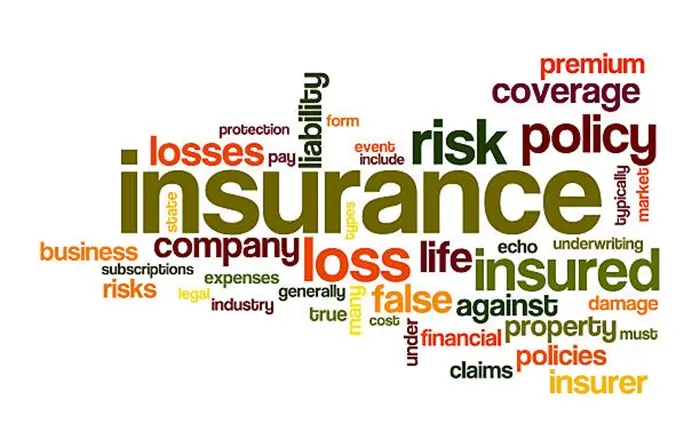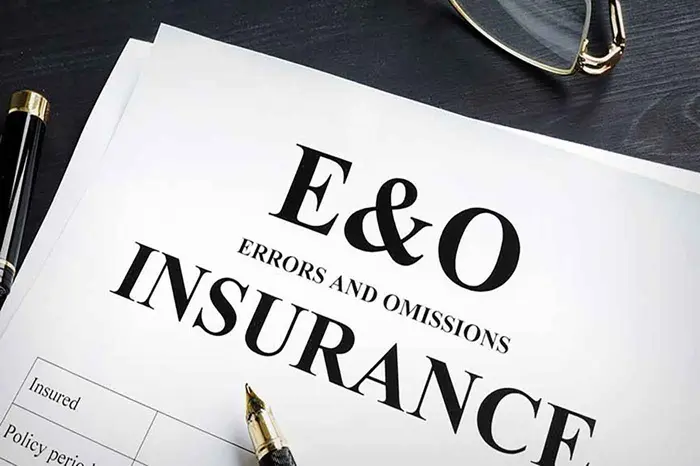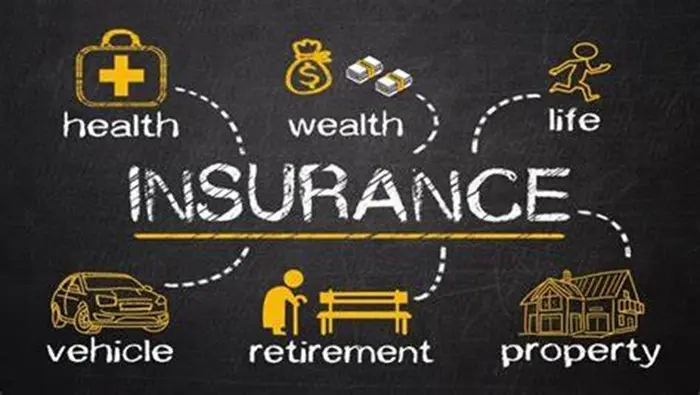Homeowners insurance is a critical aspect of property ownership. It provides financial protection against damage, theft, and liability. There may be situations where you need to know who your neighbor’s insurance provider is—for example, if their property damages yours, or if you’re involved in a shared liability issue. However, obtaining this information can be challenging due to privacy laws and insurance confidentiality.
This guide explores legal and ethical ways to determine your neighbor’s homeowners insurance provider while respecting privacy boundaries.
Why Would You Need to Know Your Neighbor’s Insurance Provider?
Before attempting to find this information, it’s important to understand valid reasons for seeking it:
- Property Damage Claims: If a tree from your neighbor’s property falls on your house, their insurance may cover the repairs.
- Liability Issues: If someone is injured on their property and files a claim, their insurance may be involved.
- Shared Fence or Structure Disputes: If a boundary structure is damaged, both insurance policies might need to be consulted.
However, curiosity alone is not a valid reason to request this information.
Legal and Ethical Considerations
Insurance details are private. You cannot legally access your neighbor’s policy without their consent unless it’s part of a formal claim or legal dispute. Misusing personal information can lead to legal consequences. Always proceed with transparency and respect for privacy.
Methods to Identify Your Neighbor’s Homeowners Insurance
1. Ask Your Neighbor Directly
The simplest and most ethical approach is to ask. If you have a good relationship, they may willingly share their insurer’s name. Explain your reason clearly—for example:
“A branch from your tree damaged my roof, and I need to file a claim with your insurance. Could you share your provider’s details?”
Most neighbors will cooperate if the request is reasonable.
2. Check Public Records (For Mortgage-Linked Insurance)
If your neighbor has a mortgage, their lender may require insurance details to be filed with local property records. Some counties make this information accessible online or at the county clerk’s office. However, this varies by location, and many jurisdictions keep insurance details confidential.
3. Contact Your Own Insurance Company
If your property was damaged due to your neighbor’s negligence, your insurer may help. Insurance companies often handle subrogation—where they recover costs from the at-fault party’s insurer. Your provider may contact the neighbor’s insurer directly.
4. Review Legal or HOA Documents
If you live in a homeowners association (HOA), the management may have insurance details for common areas or shared structures. However, individual policies are rarely included.
In legal disputes (e.g., small claims court), you may request insurance information during discovery.
5. Look for Insurance-Related Mail (With Caution)
While not recommended, some people notice insurance correspondence in shared mailrooms or trash (though accessing private mail is illegal). Avoid this method to prevent legal trouble.
6. Hire a Licensed Private Investigator
In rare cases where insurance details are crucial (e.g., unresolved liability claims), a licensed PI may legally gather information. This is expensive and should only be used as a last resort.
What If Your Neighbor Refuses to Share Their Insurance Information?
If they decline, you still have options:
- File a Claim Through Your Insurance: Let your insurer pursue reimbursement.
- Consult a Lawyer: If the dispute escalates, legal counsel can formally request insurance details.
- Small Claims Court: If damages are minor, you may sue without involving insurers.
Common Mistakes to Avoid
Demanding Information Aggressively: This strains neighborly relations. Always ask politely.
- Assuming Their Insurance Covers Your Claim: Even if you identify their insurer, they may deny liability.
- Using Deceptive Tactics: Posing as someone else to obtain insurance details is illegal.
How Insurance Companies Handle Third-Party Inquiries
Insurance providers take privacy seriously. When contacted by a third party about a policyholder’s coverage, most companies will not disclose any information without written consent from their client. Some may confirm whether a person has an active policy (without revealing details) if the inquiry relates to a legitimate claim. However, they typically require documentation such as a police report or evidence of damages before engaging in such discussions.
The Role of Mediation in Insurance Disputes
If direct communication with your neighbor fails, mediation can be a useful alternative before pursuing legal action. Many communities offer free or low-cost mediation services where a neutral third party helps resolve conflicts. This process may encourage your neighbor to voluntarily share insurance information if it helps settle the matter amicably. Mediation preserves relationships and often leads to faster resolutions than formal claims or lawsuits.
When to Involve Local Authorities
In cases where damage is severe or poses immediate safety risks—such as a collapsing fence or hazardous tree—local building inspectors or code enforcement officers may intervene. While they won’t provide insurance details, their reports can strengthen your claim. If negligence is involved (e.g., unmaintained structures), authorities might require your neighbor to address the issue, indirectly prompting insurance involvement.
Understanding “Good Neighbor” Insurance Claims
Some insurers encourage policyholders to resolve minor disputes without formal claims, which can avoid premium increases. If approached respectfully, your neighbor might prefer settling costs directly rather than filing a claim. Offering to share repair estimates or photos of damage can facilitate this discussion. Remember that not all incidents require insurance involvement; sometimes a cooperative solution benefits both parties.
Conclusion
Finding out your neighbor’s homeowners insurance provider requires a careful, lawful approach. The best method is to ask directly and explain your reasoning. If that fails, involving your own insurer or legal counsel may be necessary. Always prioritize ethical behavior and respect privacy laws to avoid complications.
Understanding these steps ensures you handle property and liability issues professionally while maintaining good relationships with those around you.
Related Topics:
How Much Is Spot Pet Insurance


































